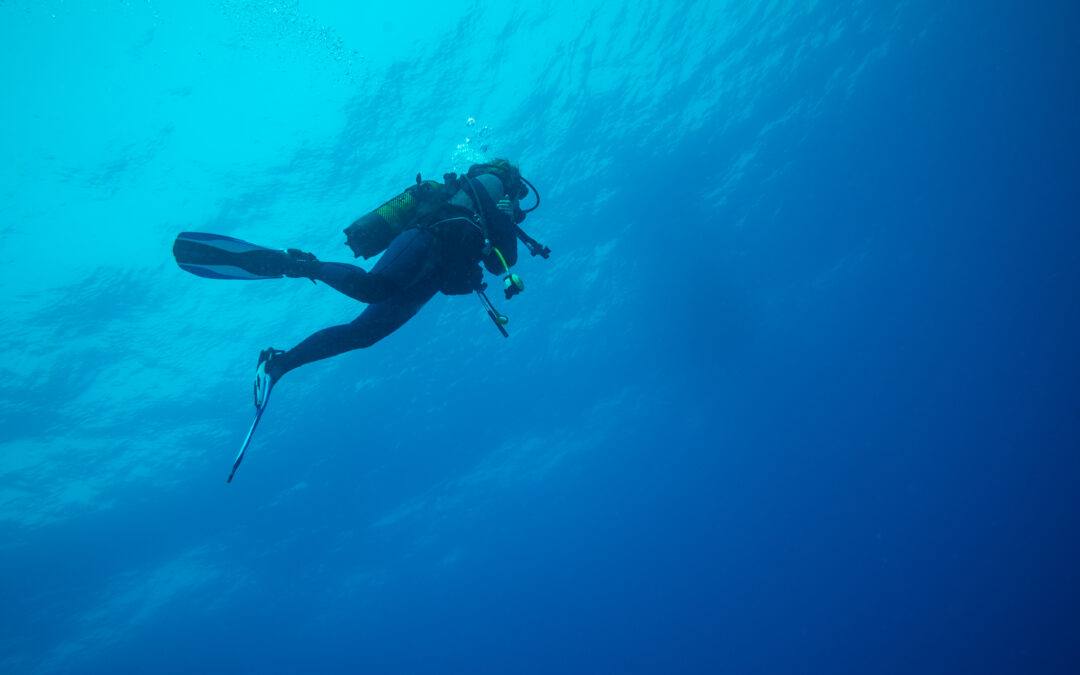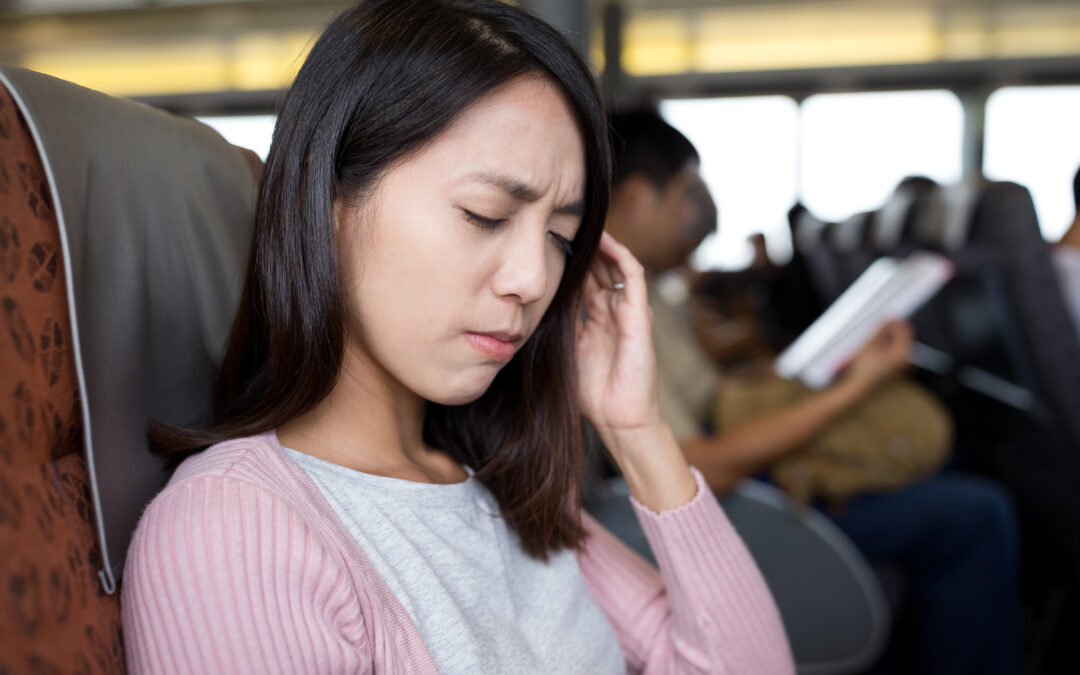
Head injuries on the ski slopes have decreased due to the increased use of helmets and improved equipment, and the sport could be made even safer if everyone used the equipment properly. In the 2009-10 season, a total of 25 skiers and 13 snowboarders died in a span of 59.8 million skier/snowboarder days, making the sport relatively safe—after all, 46 Americans died last year after being struck by lightning. Skiing has about 2 injuries per 1,000 skier visits, says Jasper Shealy, a professor emeritus at the Rochester Institute of Technology who has studied skiing and snowboarding injuries for 40 years. Snowboarding has a 50-70% higher injury rate than skiing, but the death rate is about one-third lower.
Thanks to the growing popularity of helmets on the slopes, head injuries have declined by 50% in the past ten years. More than half of all skiers and snowboarders in the US wear helmets. Unfortunately, the average number of people who die on America’s slopes each year has held steady at around 40, and the nature of the fatal crashes—high-speed encounters with fixed objects, usually trees—has led researchers to believe that it is unlikely that deaths can be eliminated from the sport.
According to Michael Berry, president of the National Ski Areas Association, the key to avoiding injury on the slopes is to follow these guidelines:
- Wear a helmet
- Ski or ride in control
- Be able to avoid objects and other skiers/snowboarders
- Never test the effectiveness of the helmet
Responsible skier and snowboarder behavior is crucial for staying safe. When jumping on the lift this winter, remember to follow what Berry calls the “responsibility code”: Be sure to stop in safe places, look uphill and yield before going downhill or merging onto a trail, stay off closed trails and know how to use lifts. Oh, and ski under control.

